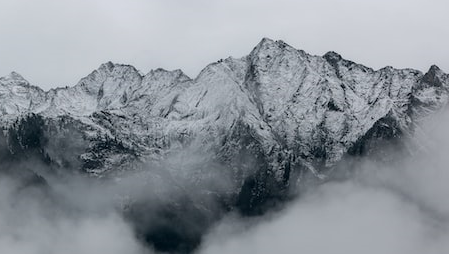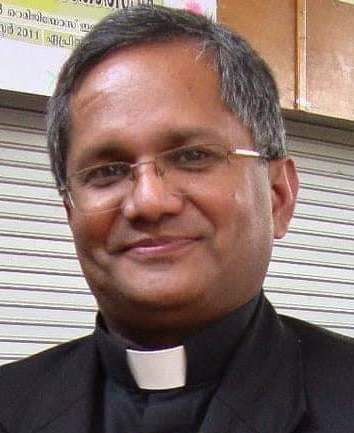Beginning 14th April, 2010, Southern Iceland's Eyjafjallajokull volcano spewed tons of lava and clouds of ash and smoke into the sky to a height of 9,000 meters (30,000 ft). Its enormous cloud of ash paralysed airline traffic, resulting in a whopping 100,000 flight cancellations across Europe in six to seven days. About 8 million passengers were stranded around the world. The airline industry lost $1.7 billion in business. The disruption also caused huge loss in other business across the world. Major car companies suspended production in Germany and Japan for want of spare parts. Fresh flowers, vegetables and fruits rotted in Kenya, Uganda and Zambia. Heaps of clothes piled up in Bangladesh, mobile phones in Korea, household goods in China. There has been also huge loss in tourism industry. All these coupled with physical and mental ordeal experienced by the marooned passengers across the globe made this flight disruption worst in aviation history.
Technology has made life easier, faster and comfortable for us in the last few decades. Progress in technology makes us want more comforts and at an instantaneous speed. We find it hard to accept anything that is slow, ordinary and cheap. We fret and fume even at the slightest inconvenience. We calculate every move, every event and every opportunity in terms of monetary gain or loss. But in our greed for more, we cause irreparable damage to the ecosystem, forcing nature to react in destructive manner. The events such as this act as signs that we need to curb our greed and be judicious in reaping nature’s bounty. Even as we stand and stare helplessly at nature’s fury and its aftermath, we do well to remember also that there is a higher power that controls the universe. Technology, no matter how advanced it may be, cannot dictate its terms to the all-powerful God.













